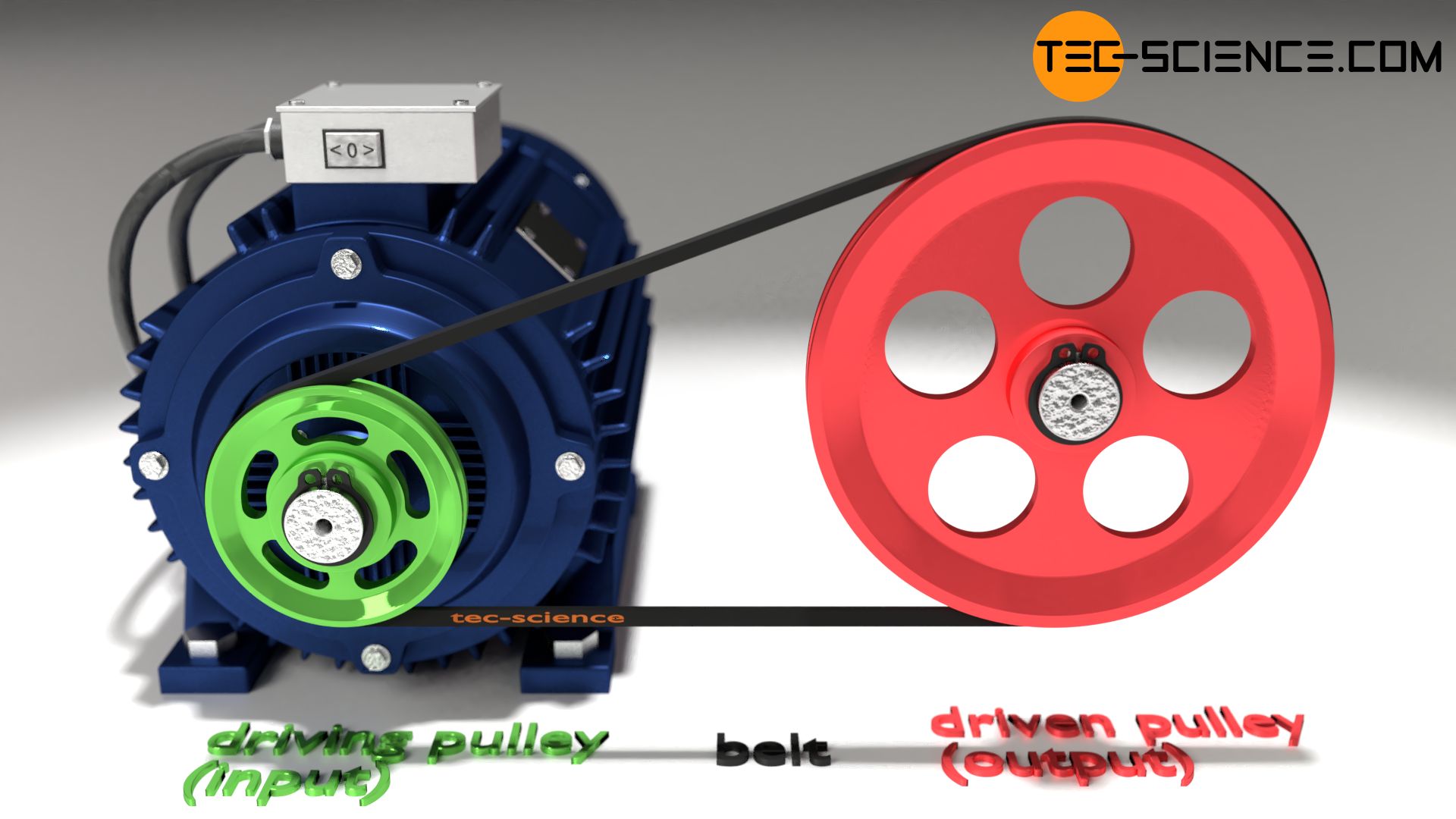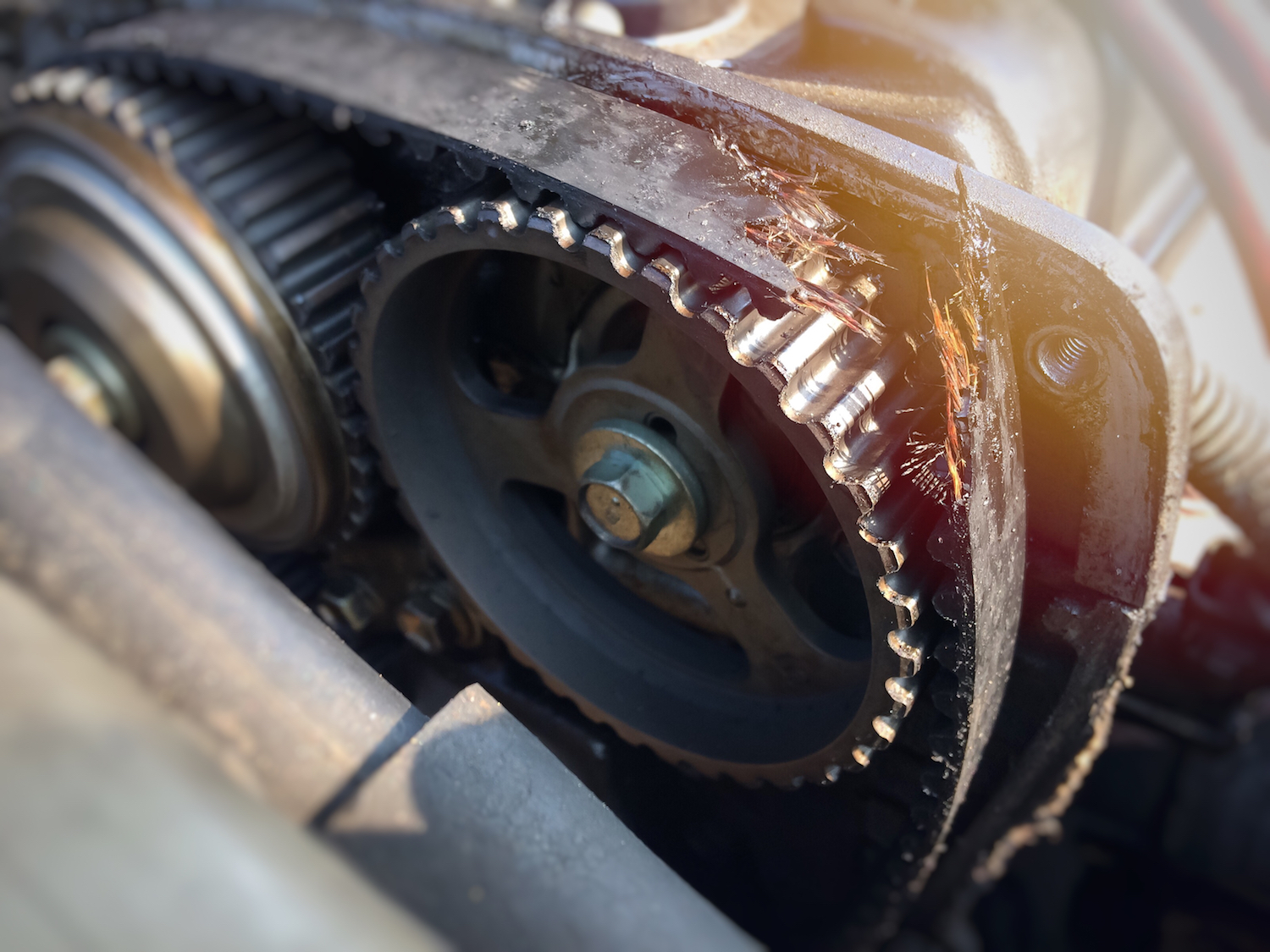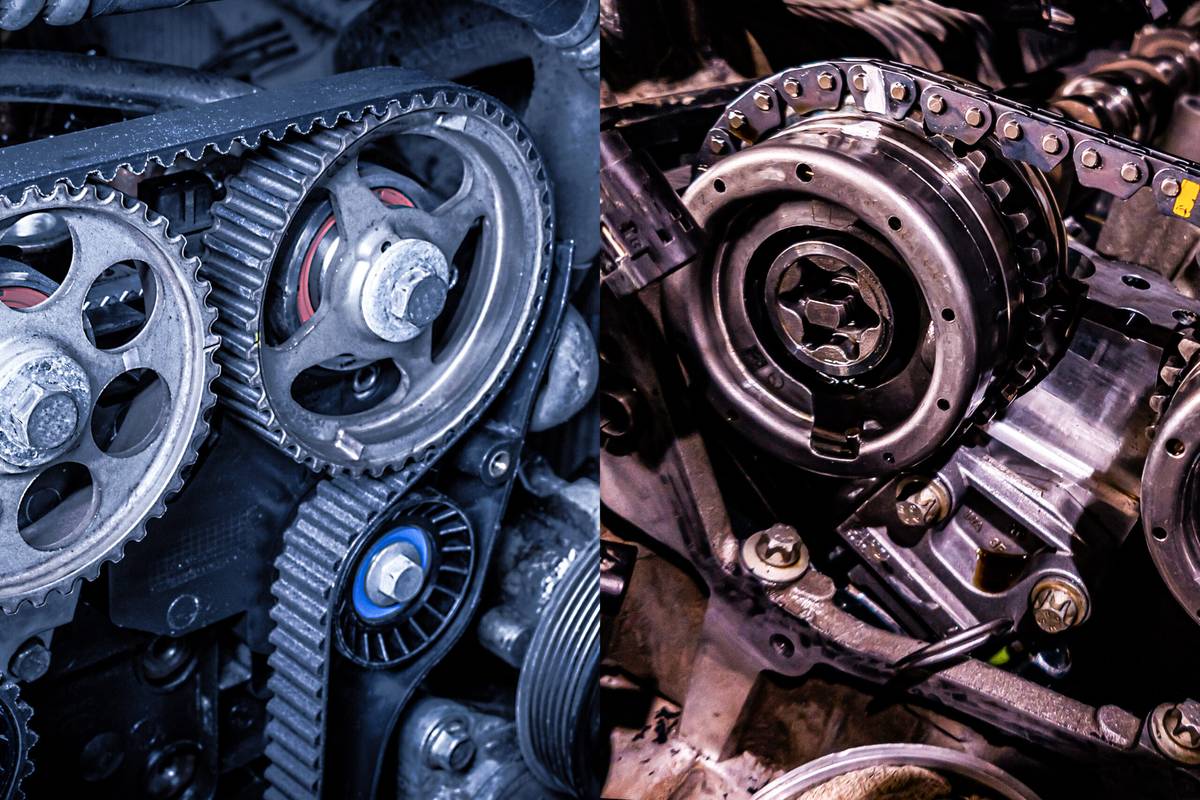Roads & PavementRoads & Pavement
Barefoot
Minimal
Low
Medium
High
Maximal
All around running shoes offer comfort and cushioning for daily runs, jogs, walks, and long mileage. They offer enough versatility for both faster and slower runs and are a great option for those who want one running shoe to do it all.
Fast run or uptempo running shoes are lightweight and responsive. They offer streamlined designs that have minimal uppers and offer a high level of energy return. These shoes are a great option for faster runs in the week or those looking for a livelier experience.
Max Cushion shoes offer premium cushioning with ample ground protection and a stable ride. These types of shoes provide abundant impact protection that softens landings while running at any pace or distance. These types of shoes are best for slower recovery runs and easy days where comfort takes priority.
Racing shoes are designed with optimal performance in mind. These types of shoes have snug-fitting uppers, energetic midsole foams, and features implemented for maximum efficiency. These types of shoes are best for runners looking to gain the ultimate advantage in races but may sacrifice some durability and comfort.
Gym Workout shoes offer a stable and versatile ride. They have a firmer underfoot feeling that provides stability for lateral movements with comfortable uppers. These types of shoes are best for trips to the gyms, cross training, casual wear, and light running. How does a belt drive work tec science
Road running shoes feature smooth outsoles that are designed for running on paved surfaces such as roads, sidewalks, and bike paths.
Designed to handle most trail runs, these shoes prioritize comfort and a smooth ride. These shoes are great for anything from smooth singletrack, park trails, and fireroads making them ideal for those who run from their doorstep on streets before hitting the trail.
These shoes are best used for hard, rugged trails such as shale, granite or sandstone where grip on smooth surfaces and underfoot protection are important.
Designed for use in muddy, soggy conditions, these shoes feature very aggressive outsoles that dig deep into soft ground for exceptional traction.
These shoes feature technical outsoles designed to grip snowy and icy trails making them ideal for winter trail running.
Cushioning level, or stack height, refers to how much shoe is between your foot and the ground. For this category, we reference the amount of cushioning below the forefoot as the heel height will be equal to or greater than the forefoot height.
How to Tell if Your Drive Belt or Fan Belt Is Bad
0-13mm. The Shoe generally does not have a midsole and feels like there is no cushioning. This shoe is all about feeling the ground underfoot.
14-18mm. The shoe has a thin midsole that allows for a natural running experience. Racing shoes and minimalist shoes are common here. These shoes offer a feeling of being connected to the road or trail.
19-23mm. The shoe has a slightly cushioned feel and may feature added cushioning technologies. Performance training shoes and some trail shoes are common here. These offer protection during footstrike but prioritize a lightweight, grounded experience.
24-28mm. These shoes have a stack height that fall near the middle of the spectrum.The shoes in this category are verstaile and great for all types of runs and distances.
29-34mm. The shoe has a thick midsole and ample cushioning. These shoes are highly protective and absorb more impact than the body.
35mm plus. The shoe has an extremely thick midsole and extra cushioning. The focus is on protection and soft foam underfoot with hardly any ground feel.
Neutral shoes support the foot through a normal range of arch collapse and generally do not have a built-in technology to correct movement.
Stability shoes are a great option for those who overpronate or need added support. These shoes help to limit the inward rolling motion of the ankle while running or walking and assist in guiding the foot straight through the gait cycle. Timing Belts Why they are important and how it affects you
Product Details:
Timing Belt Vs. Timing Chain Cars cheap, Why is Replacing the Timing Belt Important James Hart Chorley cheap, Timing Belts Why they are important and how it affects you cheap, How to Tell if Your Drive Belt or Fan Belt Is Bad cheap, How does a belt drive work tec science cheap, Serpentine Belt vs Timing Belt Are They The Same YouTube cheap, Car Basics All the Drive Belts Explained Christian Brothers cheap, Belts Timing and Serpentine cheap, 4 Ways to Tighten a Drive Belt wikiHow cheap, What is Belt Drives Type Advantages and Disadvantages cheap, What is a drive belt Blog AutoTechIQ cheap, Performance Car Maintenance Symptoms of a Bad or Failing Timing Belt cheap, Serpentine belt tensioner problems signs of wear when to cheap, Timing Belt Kit GMB Corporation cheap, Timing Belt Repair Dave s Auto Center cheap, 5 Signs That Your Car s Drive Belt Is Failing cheap, What is a drive belt Blog AutoTechIQ cheap, What Is a Timing Belt and How Much Is Timing Belt Replacement cheap, AAMCO Bay Area Blog Warning Signs Your Timing Belt Is Failing cheap, Belt Drives Types of Belts Fractory cheap, Timing belt camshaft Wikipedia cheap, When should a drive belt be replaced in your car cheap, Replacing the accessory drive belt cheap, What is belt drive Quora cheap, Serpentine Belt vs Timing Belt What s the Difference cheap, Checking adjusting and refitting drive belts How a Car Works cheap, What Is a Drive Belt and When Should You Change Your s Fix cheap, What You Should Know About The Drive Belt cheap, Your Car s Serpentine Belt Firestone Complete Auto Care cheap, Drive Belts GoMechanic Basics cheap, How To Replace Your Car s Serpentine Belt Advance Auto Parts cheap, What is a Serpentine Belt What It Does Where It Is How Long cheap, Drive Belts 101 Timing Vs. Serpentine Belt Replacement Costs More cheap, Car Basics All the Drive Belts Explained Christian Brothers cheap, Serpentine Belt Explained Guide To Drive Belts Fast Car cheap, When should a drive belt be replaced in your car cheap, What is a Timing Belt Replacing a Timing Belt Toyota Timing Belt cheap, How Often Should I Replace My Accessory Drive Belt Cars cheap, Understanding All the Drive Belts in Your Car YourMechanic Advice cheap, What is a Timing Belt and What Does It Do AutoZone cheap, What is a Drive Belt crankSHIFT cheap, When to Replace the Drive Belt Common Signs Symptoms cheap, What Is A Drive Belt Belts and Pulleys Natrad cheap, Serpentine belt Wikipedia cheap, What Is A Serpentine Belt cheap, Car Basics All the Drive Belts Explained Christian Brothers cheap, What You Should Know About The Drive Belt cheap, Belt Drives Types of Belts Fractory cheap, What Is a Serpentine Belt When Should You Replace It Virginia cheap, Drive Belt Cars cheap, Product Info:
What is a driving belt cheap.
- Increased inherent stability
- Smooth transitions
- All day comfort
Model Number: SKU#7341744




